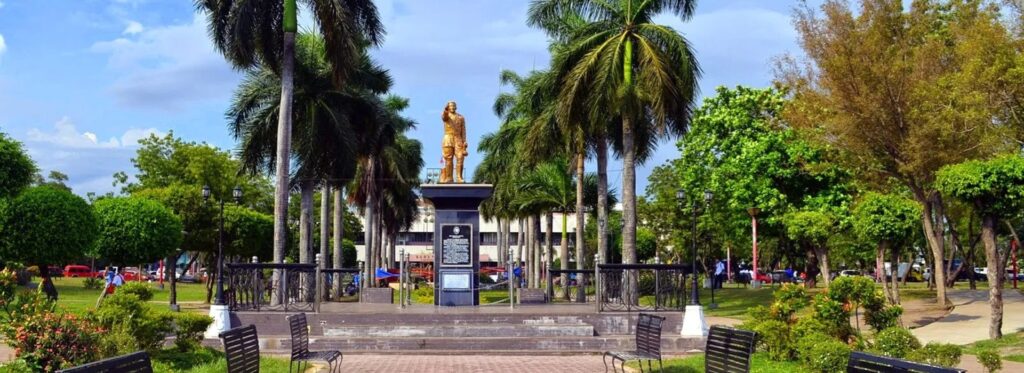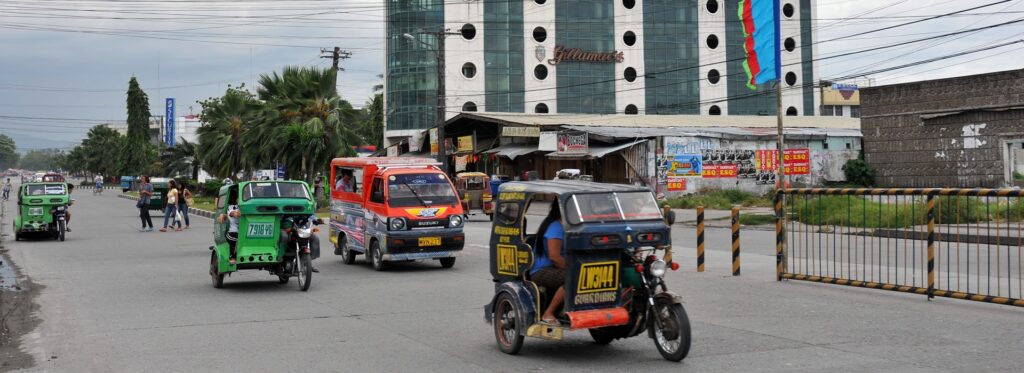General Santos City is not a stranger to heat waves.
As climate change continues to intensify, heatwaves are becoming a pressing challenge in many parts of the world, and can be felt in GenSan (or maybe GenSun) better than anywhere. Known for its warm tropical climate, the city has seen increasingly severe and frequent heat events in recent years.
This article explores the history of heatwave in General Santos, identifies vulnerable populations, provides strategies for coping with extreme heat, and examines the economic repercussions of these climatic phenomena.
Climate and History of Heatwaves in General Santos
General Santos City is known for its tropical climate with distinct dry and wet seasons. The city experiences high temperatures throughout the year, with an average annual temperature hovering around 27°C (81°F). However, in recent years, the intensity and frequency of heatwaves have increased, driven largely by climate change.
Historical records show that heatwaves in General Santos have become more pronounced since the early 2000s. Prolonged periods of extreme heat often coincide with El Niño events, which exacerbate dry conditions and lead to significant temperature spikes. These heatwaves not only strain public health systems but also impact water supply, agriculture, and energy consumption in the city.
People at Risk of Heatwaves
Certain groups within GenSan’s population are more vulnerable to the adverse effects of heatwaves. These include:
- Elderly individuals and young children: Their bodies are less capable of regulating temperature, making them more susceptible to heat-related illnesses.
- Outdoor workers: Fishermen, farmers, and construction workers face prolonged exposure to high temperatures during their daily activities.
- Individuals with pre-existing medical conditions: People suffering from heart diseases, respiratory ailments, or diabetes are at a heightened risk during extreme heat events.
- Low-income families: Those living in densely populated or poorly ventilated areas often struggle to find relief from the heat.
How to Deal with Heatwave in General Santos
Adopting effective coping strategies is essential for mitigating the health risks posed by heatwaves. Here are some practical tips on how to stay cool for residents of General Santos:
- Stay Hydrated: Drink plenty of water throughout the day to compensate for fluid loss due to sweating. Avoid sugary or caffeinated beverages that can lead to dehydration.
- Use Cooling Methods: Utilize electric fans, air conditioning, or simple cooling techniques like wet towels to reduce body temperature.
- Avoid Peak Sun Hours: Limit outdoor activities between 10 a.m. and 4 p.m., when the sun’s rays are most intense. If going outside is unavoidable, wear loose, light-colored clothing and a wide-brimmed hat.
- Monitor Vulnerable Individuals: Check on elderly family members, young children, and those with medical conditions to ensure they are coping well with the heat.
- Stay Informed: Keep track of weather forecasts and heatwave advisories issued by local authorities. Plan activities accordingly to minimize exposure.
Economic Impact of Heatwave in General Santos
Heatwaves have significant economic implications for General Santos City. Prolonged heat events can:
- Affect Agriculture: High temperatures can stress crops, reduce yields, and increase the risk of pest infestations, which negatively impacts the livelihood of local farmers.
- Increase Energy Costs: The demand for cooling appliances like air conditioners and electric fans spikes during heatwaves, leading to higher electricity consumption and costs.
- Disrupt Work Productivity: Heat-induced fatigue and illnesses can lower productivity, particularly in outdoor industries such as fishing and construction.
- Strain Public Services: Hospitals and health centers often see a surge in heat-related cases, increasing the burden on healthcare resources.
Conclusion
Heatwaves in General Santos City are a growing concern due to their adverse effects on public health, economic stability, and overall quality of life.
Understanding the history, risks, and coping strategies for heatwaves can empower residents to better prepare for and adapt to these extreme weather events.
Collaborative efforts between local authorities, community organizations, and individuals are crucial in building resilience and minimizing the impact of heatwaves in the city.

